How to install Java JDK on macOS
This article shows how to install Java JDK on macOS, Homebrew package manager, manual installation, and switch between different JDK versions.
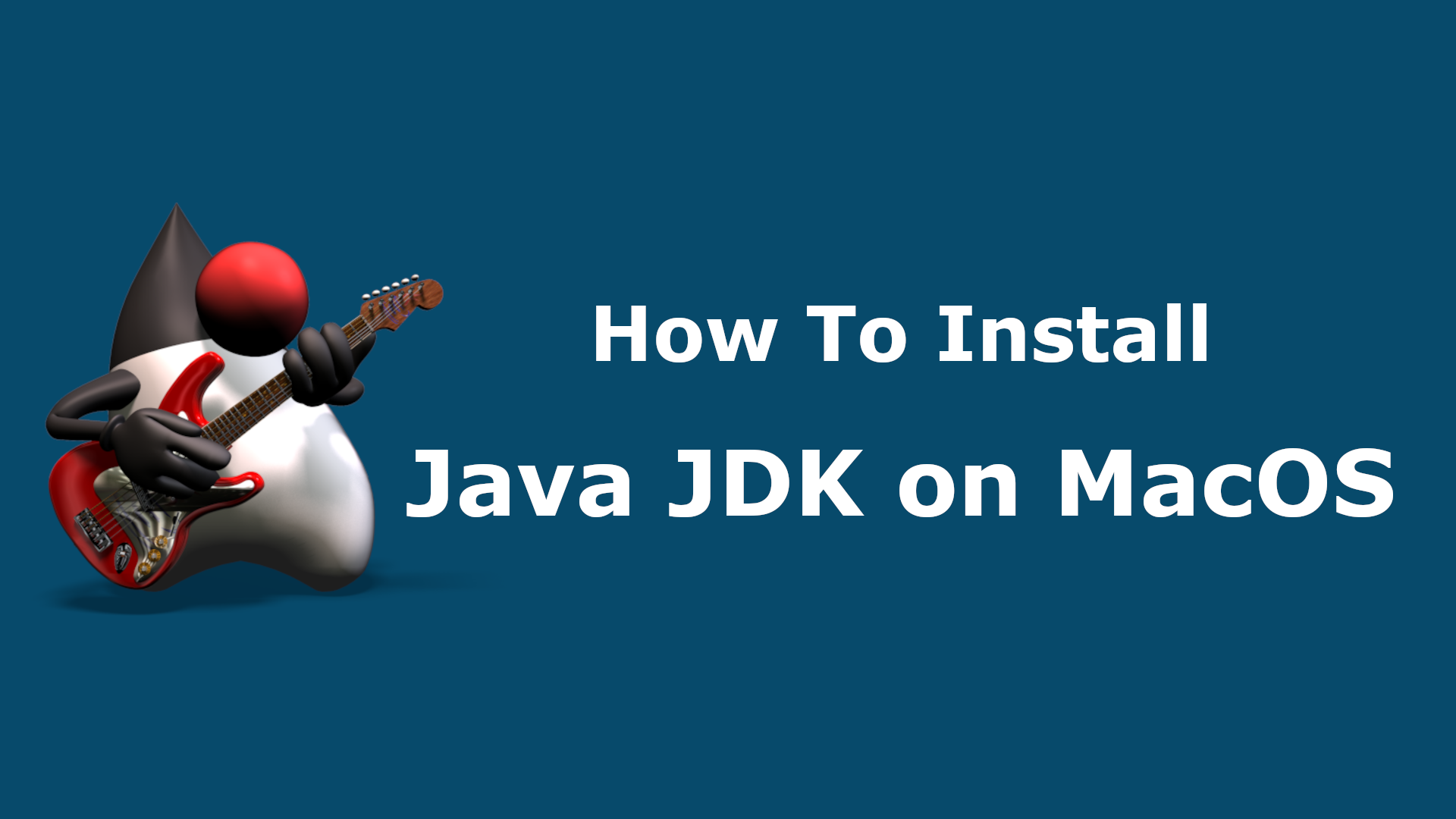
Tested with
- macOS Ventura 13.0.1
- Homebrew 3.6.11
- JDK 8, 11, 17 (Amazon Corretto and OpenJDK)
- jEnv 0.5.5
P.S At the time of writing, the latest JDK GA is JDK 18, and the early access build is JDK 19.
Since macOS 10.15 Catalina, the default Terminal shell switch from the bash (Bourne-again shell) to zsh (Z shell). And we should move all the startup scripts and environment variables in
~/.bash_profileor~/.bashrcto~/.zshenvor~/.zshrc. Also, read this Zsh Startup Files.
Homebrew install latest Java on macOS
- Install and upgrade Homebrew.
brew search openjdkto find all available Java-related formula.1 2 3 4 5 6 7 8 9
~ ❯ brew search openjdk ==> Formulae openjdk ✔ openjdk@17 ✔ openj9 openjdk@11 ✔ openjdk@8 ✔ openvdb ==> Casks adoptopenjdk microsoft-openjdk openkey adoptopenjdk8 microsoft-openjdk11brew infoto show the formula details.
The java formula is always containing the latest Java JDK (OpenJDK) version; at the time of writing, the latest is JDK 19.1 2 3 4 5 6 7 8 9
~ ❯ brew info openjdk ==> openjdk: stable 19.0.1 (bottled) [keg-only] Development kit for the Java programming language https://openjdk.java.net/ /usr/local/Cellar/openjdk/19.0.1 (638 files, 318.6MB) Poured from bottle on 2022-11-09 at 15:22:22 From: https://github.com/Homebrew/homebrew-core/blob/HEAD/Formula/openjdk.rb License: GPL-2.0-only with Classpath-exception-2.0The
openjdk@17formula is containing the java 17LTS version1 2 3 4 5 6 7 8 9
~ ❯ brew info openjdk@17 ==> openjdk@17: stable 17.0.5 (bottled) [keg-only] Development kit for the Java programming language https://openjdk.java.net/ /usr/local/Cellar/openjdk@17/17.0.5 (641 files, 305.9MB) Poured from bottle on 2022-10-20 at 01:50:10 From: https://github.com/Homebrew/homebrew-core/blob/HEAD/Formula/[email protected] License: GPL-2.0-only with Classpath-exception-2.0The
openjdk@11formula is containing the java 11LTS version1 2 3 4 5 6 7 8 9
~ ❯ brew info openjdk@11 ==> openjdk@11: stable 11.0.16.1 (bottled) [keg-only] Development kit for the Java programming language https://openjdk.java.net/ /usr/local/Cellar/openjdk@11/11.0.16.1_1 (678 files, 298.8MB) Poured from bottle on 2022-09-24 at 09:39:00 From: https://github.com/Homebrew/homebrew-core/blob/HEAD/Formula/[email protected] License: GPL-2.0-onlyThe
openjdk@8formula is containing the java 8LTS version1 2 3 4 5 6 7 8 9
~ ❯ brew info openjdk@8 ==> openjdk@8: stable 1.8.0+352 (bottled) [keg-only] Development kit for the Java programming language https://openjdk.java.net/ /usr/local/Cellar/openjdk@8/1.8.0+352 (782 files, 192.0MB) Poured from bottle on 2022-11-13 at 23:18:44 From: https://github.com/Homebrew/homebrew-core/blob/HEAD/Formula/[email protected] License: GPL-2.0-onlybrew install openjdkto install the latest JDK 19.1
~ ❯ brew install openjdkOr any LTS version you want
1
~ ❯ brew install openjdk@171
~ ❯ brew install openjdk@111
~ ❯ brew install openjdk@8- Where does Homebrew install the java?
Homebrew installed the JDK files and directories at/usr/local/Cellar/openjdk/, and symbolic link at/usr/local/opt/openjdkpoints to the latest Java 19.0.1 version.1 2 3 4 5 6
~ ❯ ls -lsa /usr/local/Cellar/openjdk/ total 0 0 drwxr-xr-x@ 3 mbagrat admin 96 Nov 9 15:22 . 0 drwxrwxr-x 189 mbagrat admin 6048 Nov 14 21:41 .. 0 drwxr-xr-x@ 10 mbagrat admin 320 Nov 9 15:22 19.0.1
1 2 3
~ ❯ ls -lsa /usr/local/opt/openjdk 0 lrwxr-xr-x@ 1 mbagrat admin 24 Nov 9 15:22 /usr/local/opt/openjdk -> ../Cellar/openjdk/19.0.1
-
The
openjdkformula is keg-only, which means it is installed in/usr/local/Cellarbut not linked into places like/usr/local/binor/Library/Java/JavaVirtualMachines/(macOS/usr/bin/javawrapper).For macOS
/usr/bin/javawrapper to find the installed JDK, we manually create a symbolic link at/Library/Java/JavaVirtualMachines/.1
~ ❯ sudo ln -sfn /usr/local/opt/openjdk/libexec/openjdk.jdk /Library/Java/JavaVirtualMachines/openjdk.jdk
- Done.
1 2 3 4 5
~ ❯ java --version openjdk 19.0.1 2022-10-18 OpenJDK Runtime Environment Corretto-19.0.1.10.1 (build 19.0.1+10-FR) OpenJDK 64-Bit Server VM Corretto-19.0.1.10.1 (build 19.0.1+10-FR, mixed mode, sharing)
What’s jEnv?
jenv gives you a few critical affordances for using java on development machines:
- It lets you switch between java versions. This is useful when developing Android applications, which generally require Java 8 for its tools, versus server applications, which use later versions like Java 11 or java 17.
- It sets
JAVA_HOMEinside your shell, in a way that can be set globally, local to the current working directory or per shell.
Installing jEnv
On OSX, the simpler way to install jEnv is using Homebrew
1
~ ❯ brew install jenv
To activate jenv, add the following to your ~/.zshrc:
1
2
export PATH="$HOME/.jenv/bin:$PATH"
eval "$(jenv init -)"
Restart your shell by closing and reopening your terminal window or running exec $SHELL -l in the current session for the changes to take effect.
To verify jenv was installed, run jenv doctor. On a macOS machine, you’ll observe the following output:
1
2
3
4
5
6
7
~ ❯ jenv doctor
[OK] No JAVA_HOME set
[ERROR] Java binary in path is not in the jenv shims.
[ERROR] Please check your path, or try using /path/to/java/home is not a valid path to java installation.
PATH : /Users/user/.jenv/libexec:/Users/user/.jenv/shims:/Users/user/.jenv/bin:/usr/local/bin:/usr/bin:/bin:/usr/sbin:/sbin
[OK] Jenv is correctly loaded
To add JDK into jenv run
1
2
3
4
5
~ ❯ jenv add /Library/Java/JavaVirtualMachines/openjdk.jdk/Contents/Home/
openjdk64-19.0.1 added
19.0.1 added
19.0 added
A alias name will be generated by parsing “java -version”
To see all Java versions available to jenv run
1
2
3
4
5
6
7
8
9
10
11
12
13
14
15
16
17
18
19
20
21
~ ❯ jenv versions
system
1.8.0.342
1.8.0.345
11.0.15
17.0
17.0.3
18.0
* 19 (set by /Users/mbagrat/.jenv/version)
19.0
19.0.1
corretto64-1.8.0.342
corretto64-11.0.15
corretto64-17.0.3
corretto64-19
openjdk64-1.8.0.345
openjdk64-11.0.15
openjdk64-17.0.3
openjdk64-19
openjdk64-19.0.1
To be set or show the global Java version run
1
~ ❯ jenv global 19
And that’s it. To verify that everything setup correct, run jenv doctor.
1
2
3
4
5
~ ❯ jenv doctor
[OK] JAVA_HOME variable probably set by jenv PROMPT
[OK] Java binaries in path are jenv shims
[OK] Jenv is correctly loaded

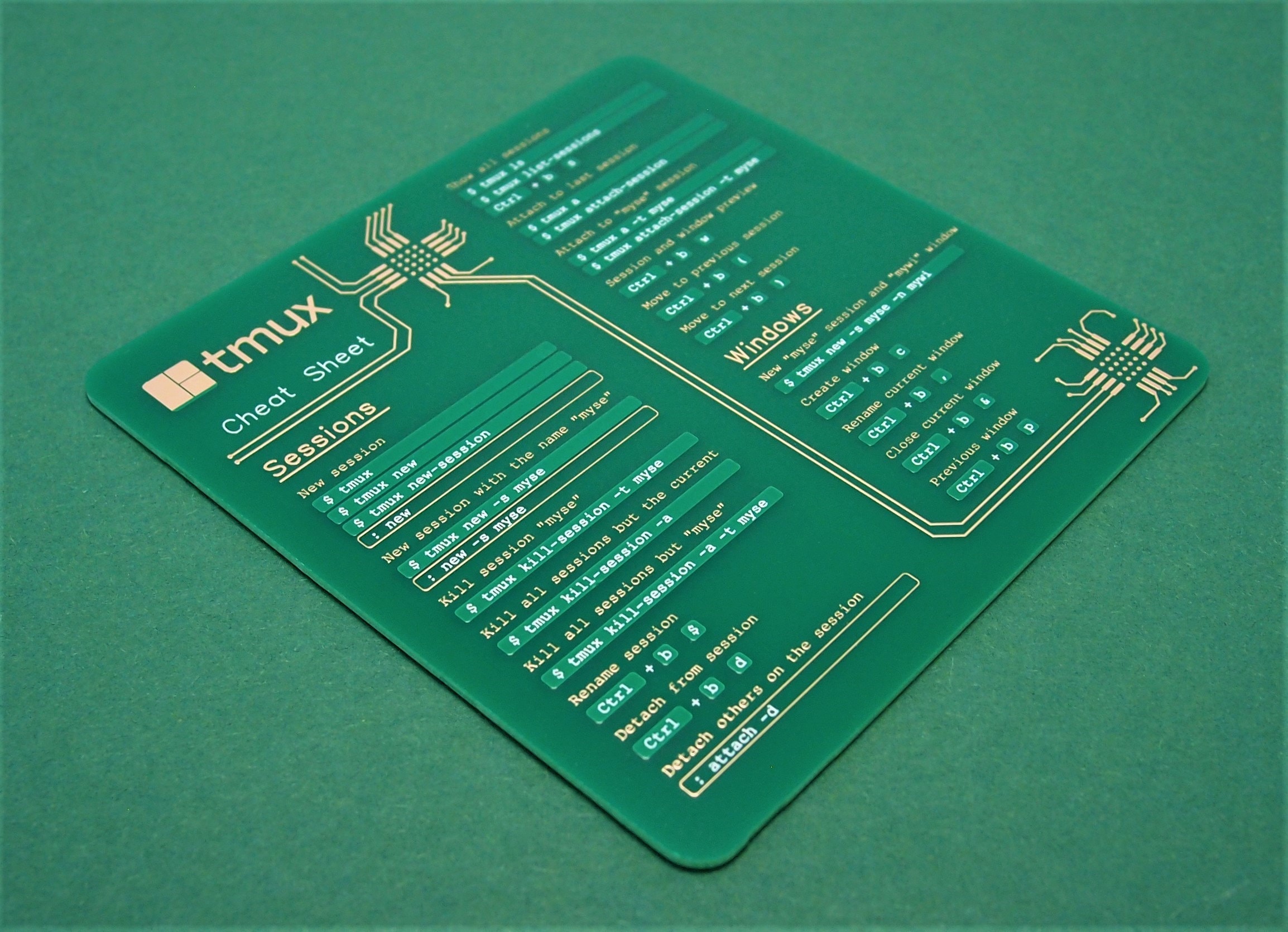
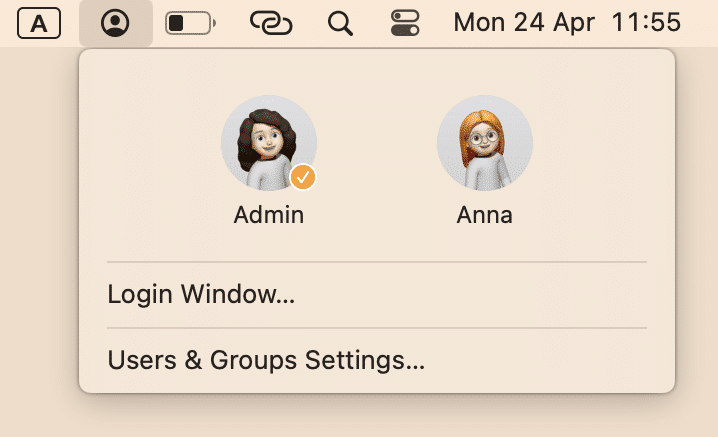
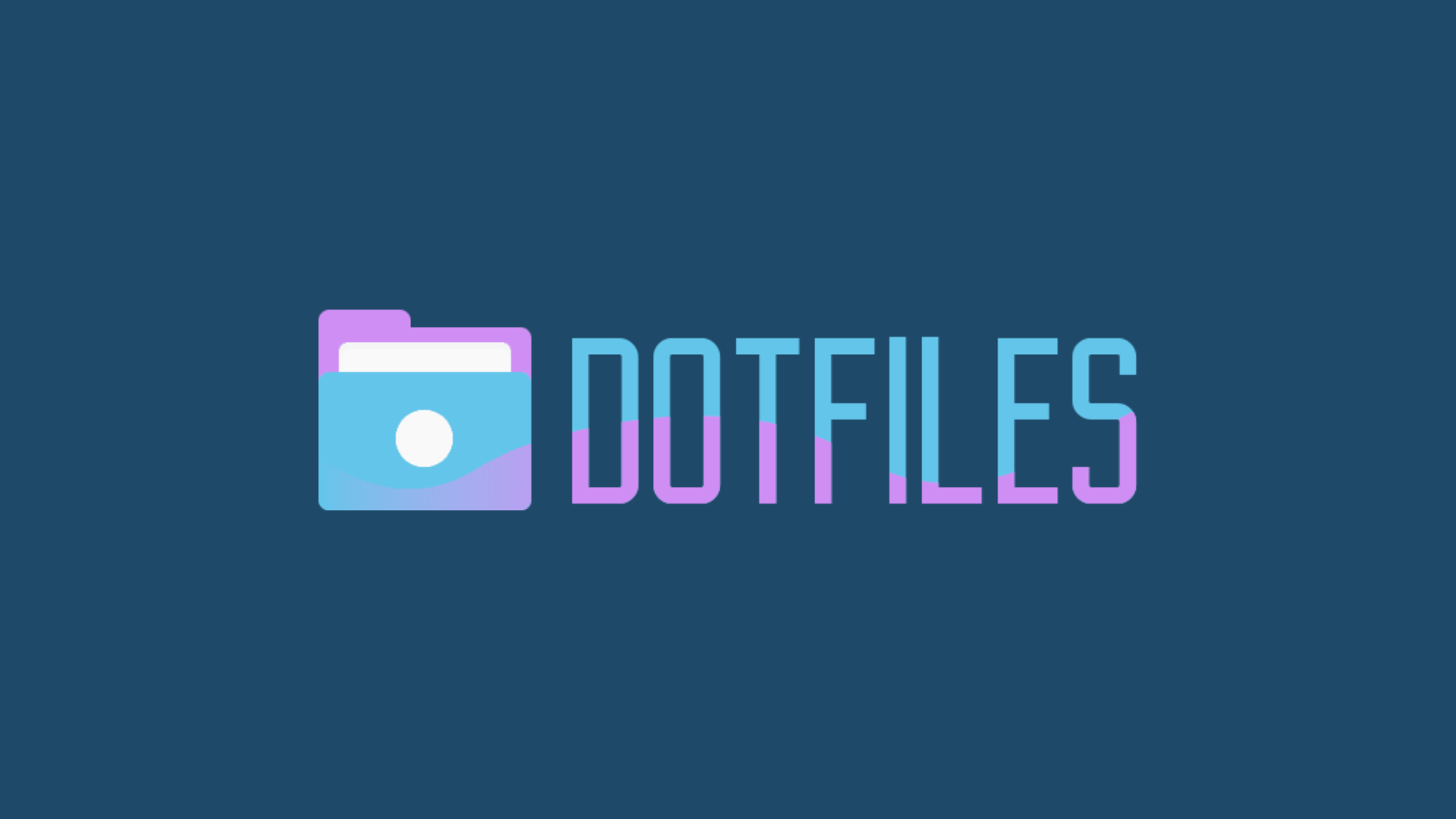
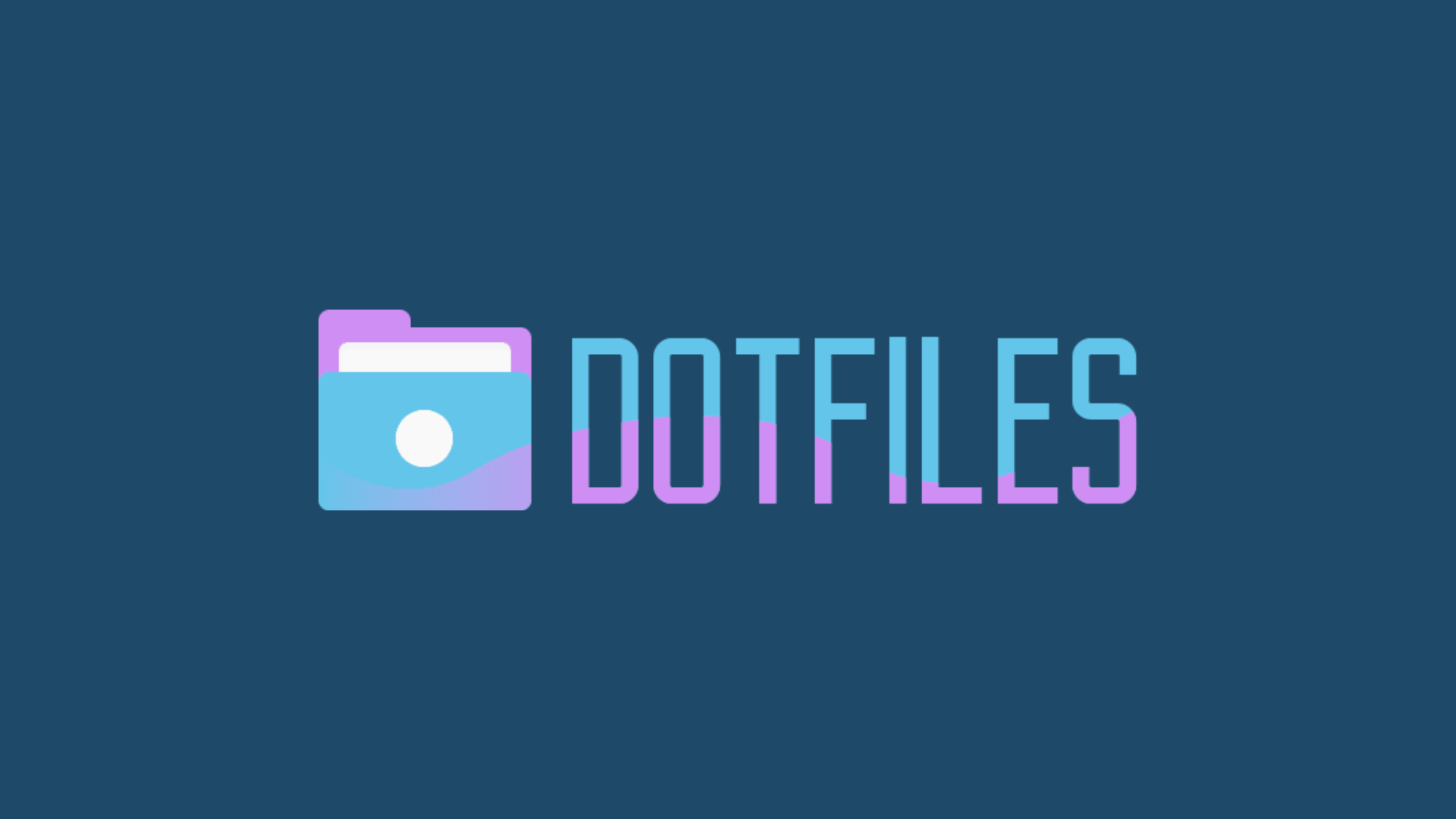
Leave a Comment
Your email address will not be published. Required fields are marked *